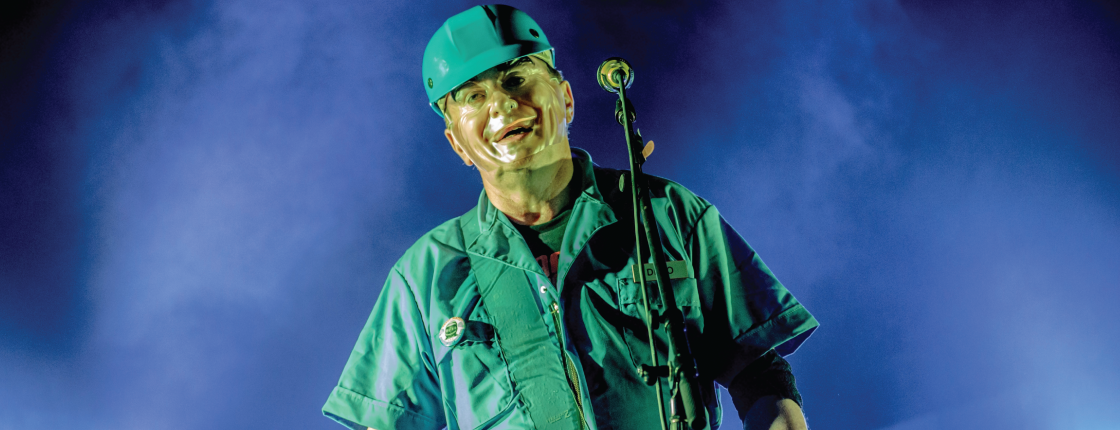
Their first two music videos, " Secret Agent Man" and "Jocko Homo", which both appeared in The Truth About De-Evolution, were filmed in Akron, and Cuyahoga Falls, Ohio, the hometown of most members. Bob played electric guitar, and Jim provided percussion using a set of home-made electronic drums.

The band continued to perform, generally as a quartet, but with a fluid lineup including Mark's brothers Bob Mothersbaugh and Jim Mothersbaugh. Devo returned to perform in the Student Governance Center (featured prominently in the film) at the 1974 Creative Arts Festival with a lineup including the Casale brothers, Bob Lewis, Mark Mothersbaugh, and Jim Mothersbaugh on drums.įront and back covers of Devo's first release, the 45 rpm single " Mongoloid" backed with " Jocko Homo" (1977), released on the band's Booji Boy Records This performance was filmed and an excerpt was later included on the home video release The Complete Truth About De-Evolution. It included Casale, Lewis and Mothersbaugh, as well as Gerald's brother Bob Casale on guitar, and friends Rod Reisman and Fred Weber on drums and vocals, respectively. The first form of Devo was the "Sextet Devo" which performed at the 1973 Kent State performing arts festival. Throughout the band's career, they have often been considered a "joke band" by the music press. This event would be cited multiple times as the impetus for forming the band Devo. The "joke" about de-evolution became serious following the Kent State massacre of May 4, 1970. Mothersbaugh brought a more humorous feel to the band, introducing them to material like the pamphlet "Jocko Homo Heavenbound", which includes an illustration of a winged devil labelled "D-EVOLUTION" and would later inspire the song " Jocko Homo". They met Mark Mothersbaugh around 1970, a talented keyboardist who had been playing with the band Flossy Bobbitt. At this time, Casale had also performed with the local band 15-60-75 ( The Numbers Band). In the late 1960s, this idea was developed as a joke by Kent State University art students Gerald Casale and Bob Lewis, who created a number of satirical art pieces in a devolution vein. The name Devo comes from the concept of " de-evolution" and the band's related idea that instead of continuing to evolve, mankind had begun to regress, as evidenced by the dysfunction and herd mentality of American society.


Devo (most enthusiastically Gerald Casale) was also a pioneer of the music video format. Their music has proven influential on subsequent movements, particularly on new wave, industrial, and alternative rock artists.

Their output in the 1980s embraced synth-pop and a more mainstream, less conceptual style, though the band's satirical and quirky humor remained intact. The band's namesake, the tongue-in-cheek social theory of "de-evolution", was an integral concept in their early work, which was marked by experimental and dissonant art punk that merged rock music with electronics. 14 Billboard chart hit in 1980 with the single " Whip It", the song that gave the band mainstream popularity.ĭevo's music and visual presentation (including stage shows and costumes) mingle kitsch science fiction themes, deadpan surrealist humor and mordantly satirical social commentary. Their classic line-up consisted of two sets of brothers, the Mothersbaughs ( Mark and Bob) and the Casales ( Gerald and Bob), along with Alan Myers. Devo ( / ˈ d iː v oʊ/, originally / d iː ˈ v oʊ/) is an American rock band from Akron, Ohio, formed in 1973.


 0 kommentar(er)
0 kommentar(er)
